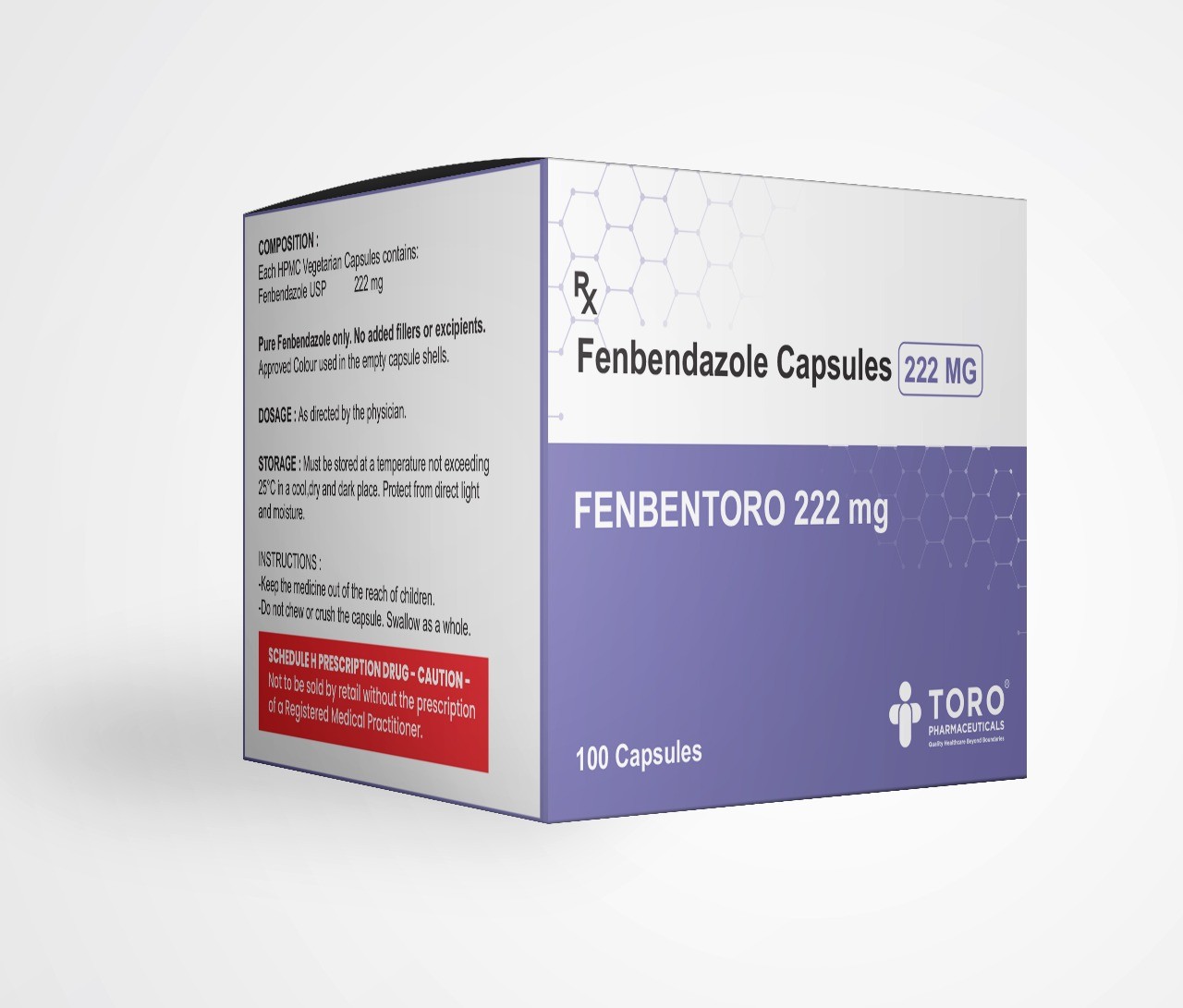Understanding the Conveniences and Uses of Fenbendazole in Veterinary Medicine
Fenbendazole has actually developed itself as an essential anthelmintic in vet medicine. Its capacity to target various parasitic infections makes it a valuable tool for vets. The drug's mechanism interrupts essential cellular procedures in bloodsuckers, bring about effective therapy results. Nevertheless, its safety and security profile varies in between varieties, demanding careful consideration in its usage. Understanding these characteristics can drop light on fenbendazole's wider effects in veterinary care and continuous research study into its possible past traditional applications
System of Action of Fenbendazole

Usual Parasitical Infections Treated With Fenbendazole
A range of parasitic infections are properly treated with fenbendazole, making it a functional alternative in vet medicine. This anthelmintic representative is particularly reliable against nematodes, including roundworms and hookworms, which commonly influence canines and cats. It is additionally utilized for the therapy of cestodes, such as tapeworms, offering a wide range of action against both types of digestive tract parasites. In addition, fenbendazole is valuable in handling infections caused by protozoa, specifically Giardia, which can bring about intestinal distress in animals. Its efficiency prolongs to treating specific lungworms in dogs and felines, attending to respiratory system health issues connected to these bloodsuckers. In general, fenbendazole's capability to target numerous parasitic varieties makes it a useful device in vet method, guaranteeing the wellness and well-being of family pets influenced by these common infections.
Safety and security and Efficiency in Different Pet Variety
The security and efficacy of fenbendazole vary among various pet species, underscoring the relevance of species-specific considerations in veterinary medication. In pooches, fenbendazole is typically well-tolerated and reliable against a variety of intestinal parasites, including roundworms and hookworms. For felines, nevertheless, its usage is less common and might call for careful application due to potential damaging reactions.
In animals, such as cattle and lamb, fenbendazole shows effectiveness versus various endoparasites, adding to enhanced wellness and performance. The pharmacokinetics and potential side effects can vary substantially between varieties, requiring careful examination by veterinarians.
Equines additionally respond favorably to fenbendazole, particularly for dealing with strongyles and ascarids, though dose and administration courses should be tailored to their one-of-a-kind physiology. Recognizing these distinctions is important for maximizing therapy results and making sure animal well-being across varied types.
Management and Dosage Standards
Proper administration and dose guidelines are vital for taking full advantage of the healing effects of fenbendazole while lessening possible adverse effects. The dose generally differs depending on the varieties being treated, the particular problem, and the formulation of fenbendazole made use of. 222 mg. For pet dogs and felines, an usual dosage is 50 mg/kg body weight, provided once daily for three consecutive days, yet vets might readjust this based on individual health analyses
It is necessary to provide fenbendazole with food to improve absorption and minimize intestinal upset. The medicine is available in various kinds, consisting of granules and paste, allowing for adaptable management choices. Checking the animal's action during and after treatment is advisable to confirm effectiveness and additional info safety and security. Additionally, vet support is vital to identify the proper period of therapy based upon the sort of parasitical infection being addressed, guaranteeing suitable end results for the animal's health.
Future Perspectives and Research Study on Fenbendazole
Research on fenbendazole proceeds to progress, focusing on its potential applications past standard antiparasitic uses. Current researches have actually discovered its efficiency in treating different forms of cancer, particularly in veterinary oncology. Initial data suggest that fenbendazole might inhibit the growth of tumor cells and enhance the effects of various other chemotherapeutic representatives.
Researchers are exploring its duty in handling stomach disorders in pets, highlighting its anti-inflammatory buildings. The flexibility of fenbendazole for various varieties raises inquiries about its safety accounts and optimal application programs in diverse populations.
As rate of interest expands, there is a need for comprehensive medical tests to develop evidence-based guidelines for these novel applications. Future study may additionally explore the mechanisms behind fenbendazole's effects, potentially paving the way for innovative restorative methods in vet medicine. The ongoing exploration of fenbendazole could substantially improve treatment options Our site for various vet conditions.

Frequently Asked Inquiries
Is Fenbendazole Safe for Pregnant Animals?
The security of fenbendazole for expecting pets stays unclear. While some researches suggest minimal risk, veterinarians normally suggest care and typically discourage its usage while pregnant unless the advantages clearly surpass possible dangers.
Can Fenbendazole Be Utilized in Livestock?
Fenbendazole is generally utilized in livestock to deal with different parasitic infections. 222 mg. Its effectiveness versus stomach worms makes it a beneficial anthelmintic, adding to improved health and performance in pets increased for food and fiber
What Are the Side Impacts of Fenbendazole?

The negative effects of fenbendazole might consist of gastrointestinal disruptions, sleepiness, and allergic reactions. In rare instances, a lot more severe responses can happen, demanding mindful monitoring and consultation with a vet during therapy.
Just How Does Fenbendazole Contrast to Various Other Dewormers?
Fenbendazole offers broad-spectrum effectiveness against different parasites, commonly comparing favorably to various other dewormers. Its special device targets various life phases, making it reliable, while normally offering a beneficial security profile contrasted to alternatives available on the marketplace.
Can Fenbendazole Be Utilized for Dealing With Cancer Cells in Family Pets?
The potential of fenbendazole in treating cancer cells Source in pets has amassed rate of interest. Preliminary studies suggest it might prevent cancer cell development, but even more research is needed to confirm its effectiveness and security in vet oncology.